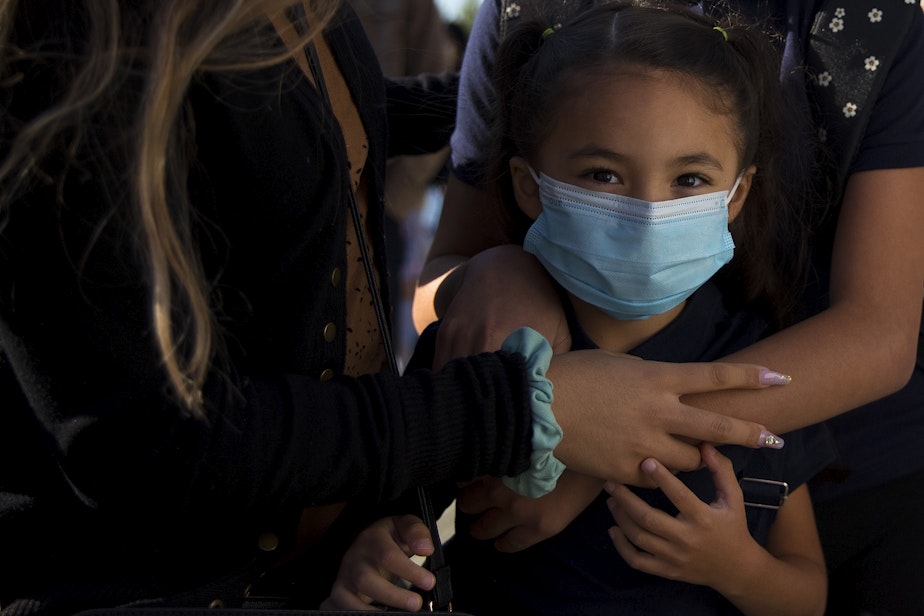WA student learning suffered during Covid. Should we be doing more to fix the problem?

When Covid-19 shuttered Washington schools in the spring of 2020, many feared the closures would have disastrous impacts on students.
A new state report confirms that: Standardized test scores declined across the board during the pandemic, among all races and ethnicities. Existing achievement gaps between students of color and white students widened, especially in higher-poverty schools. And the number of students experiencing anxiety and other mental health challenges rose.
The report also suggests state education officials should launch a tracking system for how districts are helping kids recover.
At a hearing Wednesday, state lawmakers who called for the audit didn’t appear to be surprised by the academic, social, and emotional consequences of pandemic-era virtual and hybrid learning.
But several questioned why state education officials aren’t effectively monitoring what districts are doing to address learning loss or whether their strategies are actually working.
Sponsored
“How do we try to make sure that we are looking at what is being offered and what is effective?” asked state Rep. Gerry Pollet, a Seattle Democrat.
“For example, saying we offered tutoring,” he added. “Well, that doesn’t mean a darn thing if you can’t specify what type of tutoring for which population and allow us to assess the efficacy of those tutoring interventions.”
Legislators also urged the education department to better track how schools are spending the nearly $3 billion they’ve received in federal Covid relief to address learning loss and other challenges brought on by the pandemic.
Given Washington students’ performance on state assessments, even before Covid, state Sen. Lynda Wilson (R-Vancouver) said the state should better monitor the spending.
“This isn’t just a Covid thing now,” she said. “The kids lost a lot during Covid. They’re not going to get it back. But we need to do what we can to help them along.”
Sponsored
Wilson said it’s the state's paramount duty to ensure students receive a quality education and are set up for success into adulthood. To her, tracking district’s spending and the effectiveness of their efforts is part of that.
State education officials said Wednesday that they are tracking districts’ spending as required by the federal government. Unless those regulations change on the federal level, they don't plan to collect further information from districts.
And in a letter earlier this spring, state schools Superintendent Chris Reykdal said it’s impractical to tie student outcomes to any specific funding source.




